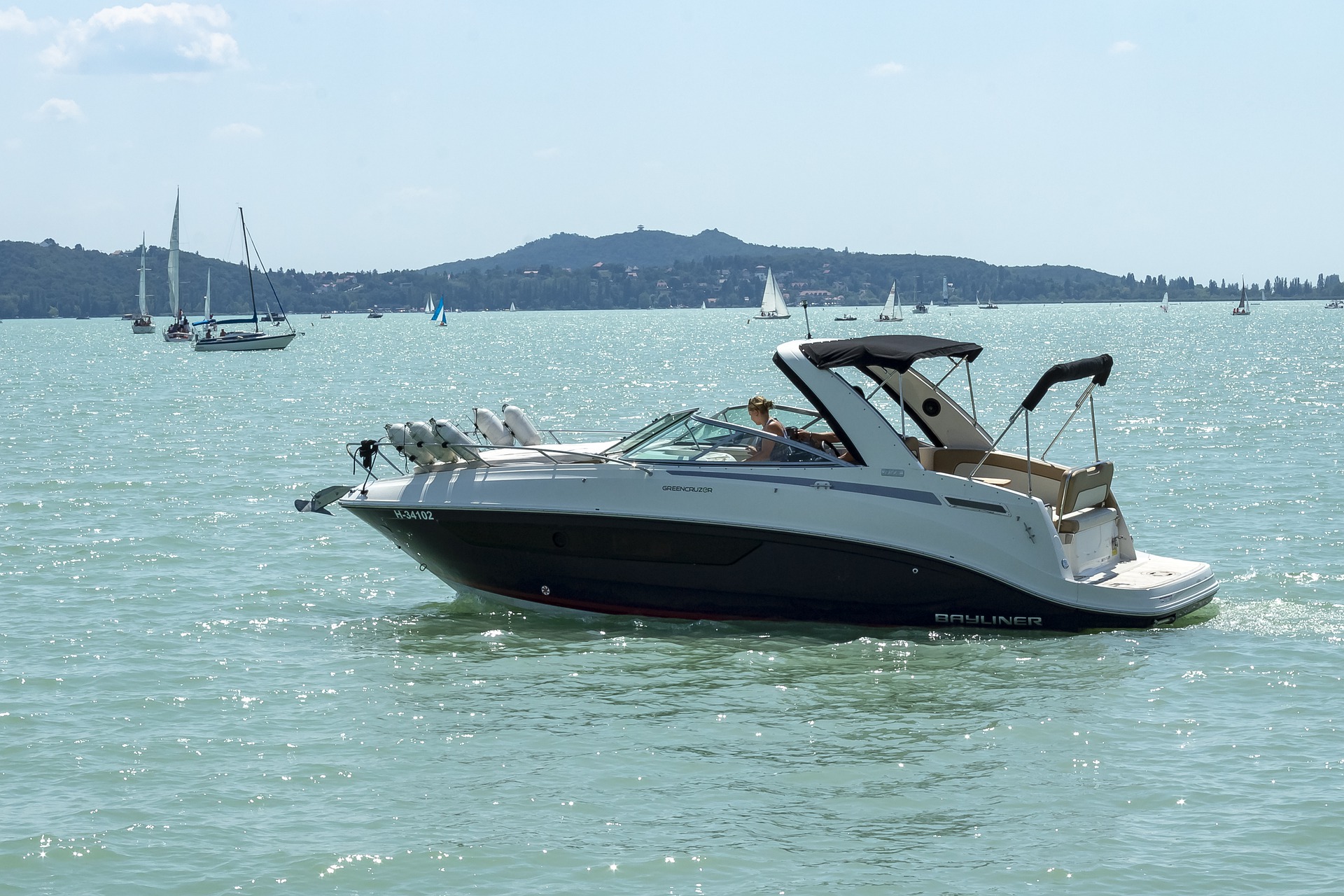Guy Stuff
Common Damages Recovered From Boating Accidents
A boat trip is usually a fun outing for friends and/or family, but there are cases where what should have been a fun trip turns into a disaster. A boating accident can be very dangerous because it can have many perils that are not present in accidents involving land vehicles, with drowning being the main concern. Boating accidents can also be much trickier cases to navigate because of the complexities involved in such an accident.
That is why legal experts like Lipcon, Margulies & Winkleman P.A. recommend that anyone who was the victim of a boating accident contact an attorney to get the help they need. Despite the complexities involved in a boating accident, it has many of the same factors as an accident involving land vehicle accidents. Namely that the insurance company of the negligent party owes the accident victims compensation for the damages caused by the accident. And those damages are much the same regardless of whether the accident took place on land or on the sea.
Damages From Boating Accidents
The victims of boating accidents are entitled to the same kinds of damages as the victims of any kind of personal injury. That means the damages are dependent on the nature of the injuries and the expenses that they cause to the victim. Some of the types of damages owed to boating accident victims includes the following:
- Medical Bills
- Damage to Personal Property
- Lost Wages If The Victim is Unable to Work While They are Recovering
- Pain and Suffering
- Emotional, Mental, or Psychological Trauma Like PTSD
The Causes of Boating Accidents
Boat accidents are often caused by much the same reasons as accidents involving vehicles on land, but there are some causes that are unique to boats as well:
Inexperience – This is usually the cause of accidents involving smaller personal watercraft (PWC) like jet skis. Inexperienced riders may not realize that these vehicles require more care and finesse than they are capable of providing. That could lead to an accident if the rider is unable to stop or maneuver the PWC correctly.
Inebriation – Just like how driving under the influence is a danger on the roads, it is a danger on the seas as well, and for much the same reasons. An intoxicated boat or PWC operator exhibits poor judgement and slower reaction times, which could lead to an accident in an emergency situation, or even in a seemingly ordinary situation.
Nighttime Operation – Boats do not have the benefits of headlights or street lights like cars do, which means that operating a vessel at night is far more dangerous. Boat and PWC operators have very limited visibility at night, which could lead to all sorts of different accidents. That is why many states prohibit or limit the operation of boats after sunset and before sunrise.
Speeding – This is a danger on land as well as on the sea. One of the reasons speeding is so dangerous on the water is that boats do not have any brakes so it can take a very long time for them to come to a stop. It can also be more difficult to maneuver a boat when it is travelling at speed, which means that it can be hard to get out of an emergency situation.


















Recent Comments